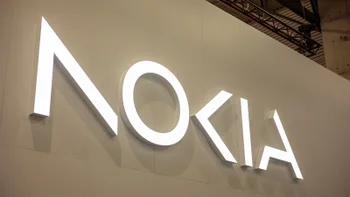Apple and Nokia agree to a new cross-licensing patent pact that includes 5G innovations

Back in May 2017, Nokia and Apple signed a cross-patent licensing pact under which the Finnish networking firm would provide Apple with "certain network infrastructure products and services." Apple, for its part, agreed to resume the sale of Nokia health products in its physical and online stores. And to the chagrin of attorneys, litigation between the two companies was considered settled.
The agreement signed back in May 2017 is scheduled to expire at the end of this year and Nokia announced today that it has entered into a new long-term patent license agreement with Apple that covers Nokia's 5G innovations and other technological advancements patented by Nokia. While the terms of the agreement were not released, Nokia said that under the new patent licensing pact it will start to receive payments from Apple for several years starting in January 2024.
Under the terms of the expiring agreement, Apple made an up-front cash payment to Nokia (the amount was undisclosed) and also received other payments from Apple over the life of the agreement. Jenni Lukander, President of Nokia Technologies, said, "We are delighted to have concluded a long-term patent license agreement with Apple on an amicable basis. The agreement reflects the strength of Nokia’s patent portfolio, decades-long investments in R&D, and contributions to cellular standards and other technologies."

Before the iPhone, the Nokia N95 was the most feature-rich smartphone available
Since 2000, Nokia has invested more than 140 billion Euro ($152.9 billion) in Research and Development and has 20,000 patent families (a patent family is the number of patents received in various countries to protect a single invention) including 5,500 patent families deemed essential to 5G connectivity. As essential patents, they must be licensed on fair, reasonable, and non-discriminatory (FRAND) terms.
While Nokia was the top-selling smartphone brand globally when the iPhone was introduced in January 2007, the company sold off its flailing smartphone division to Microsoft in 2014 in an attempt to gain more traction for a third competitor in an industry that was heading toward an iOS-Android duopoly. But the lack of developer support meant that Microsoft couldn't do any better than Nokia did.
In 2016, Microsoft sold the rights to the Nokia smartphone brand to a group led by HMD Global. Nokia and Apple do not compete against each other in the smartphone industry and haven't for some time.










Things that are NOT allowed: